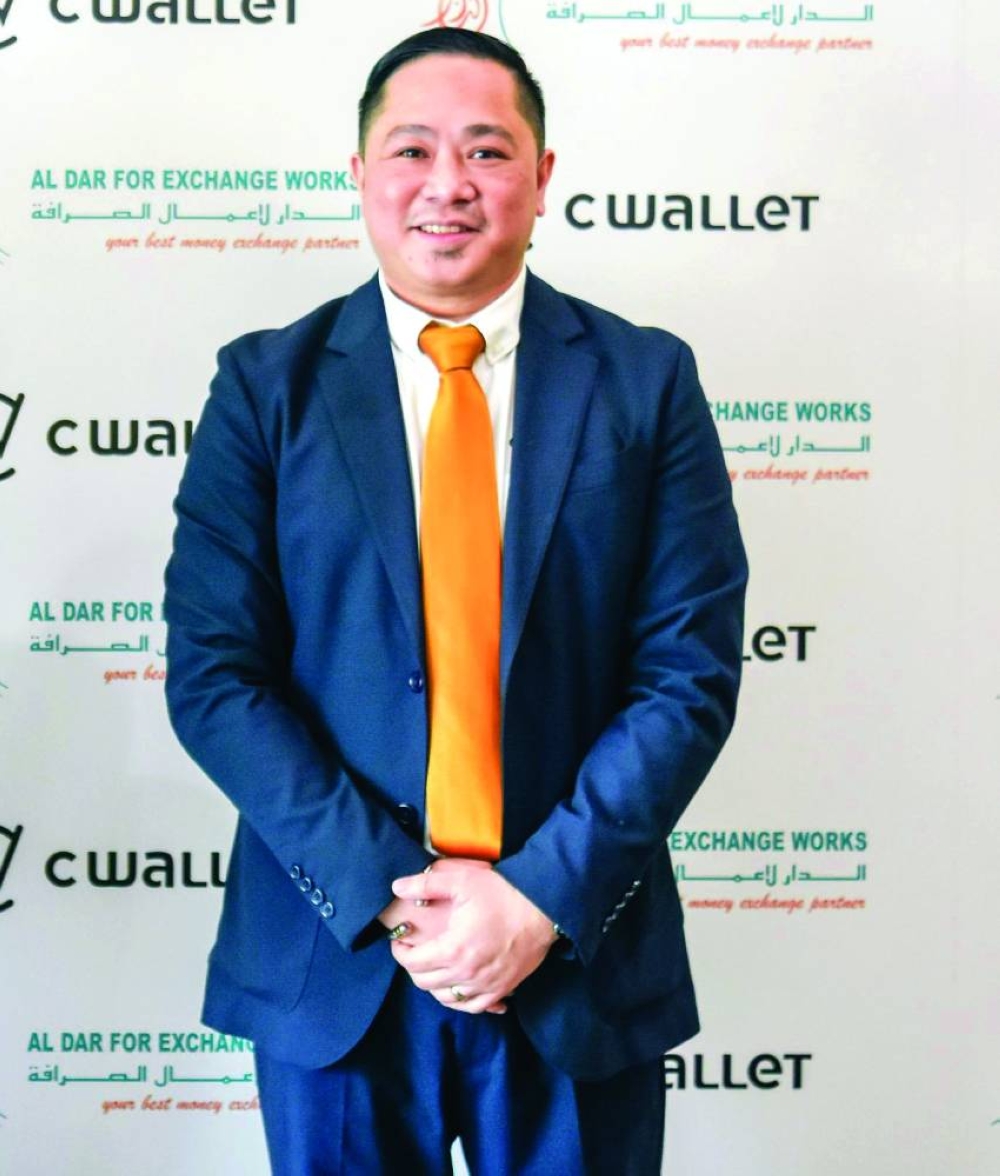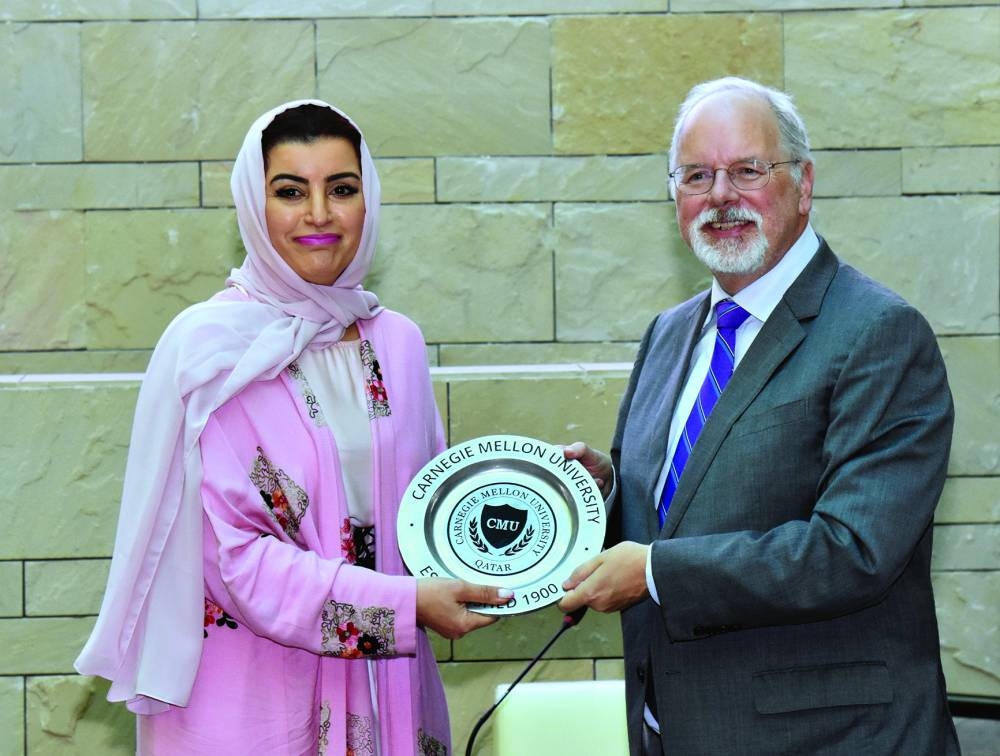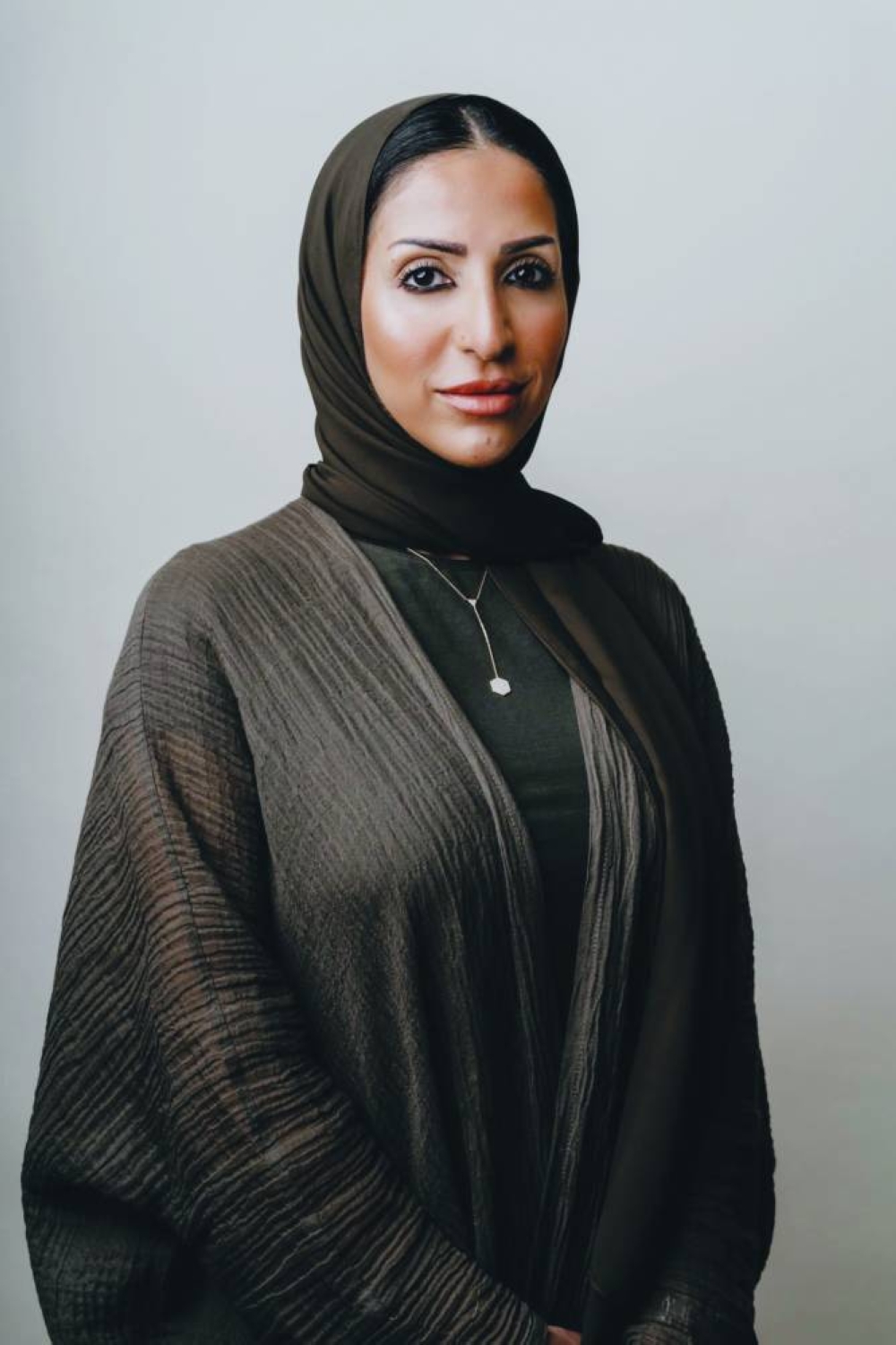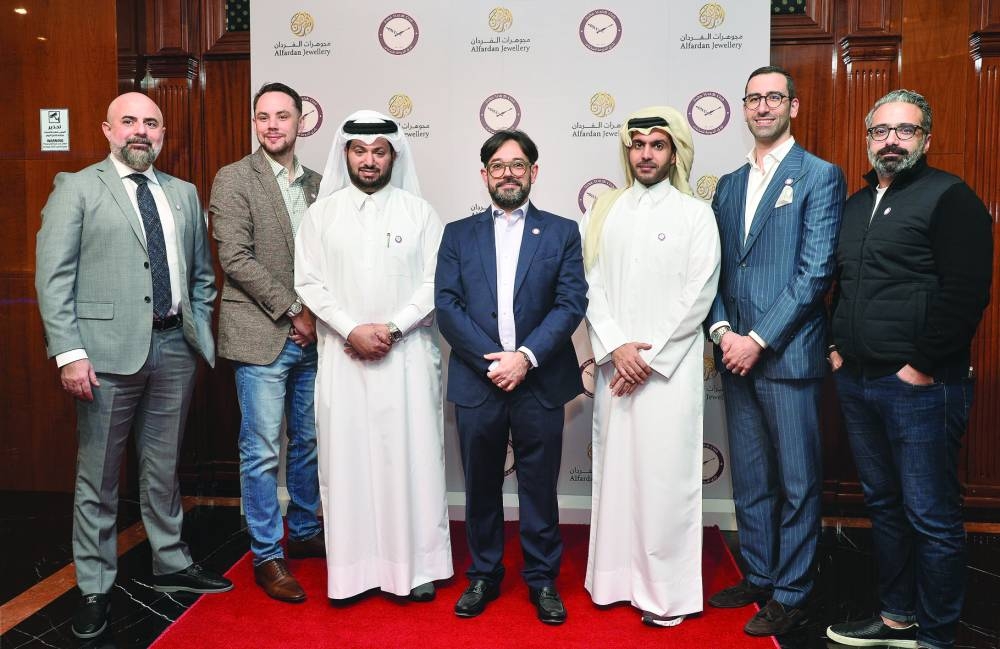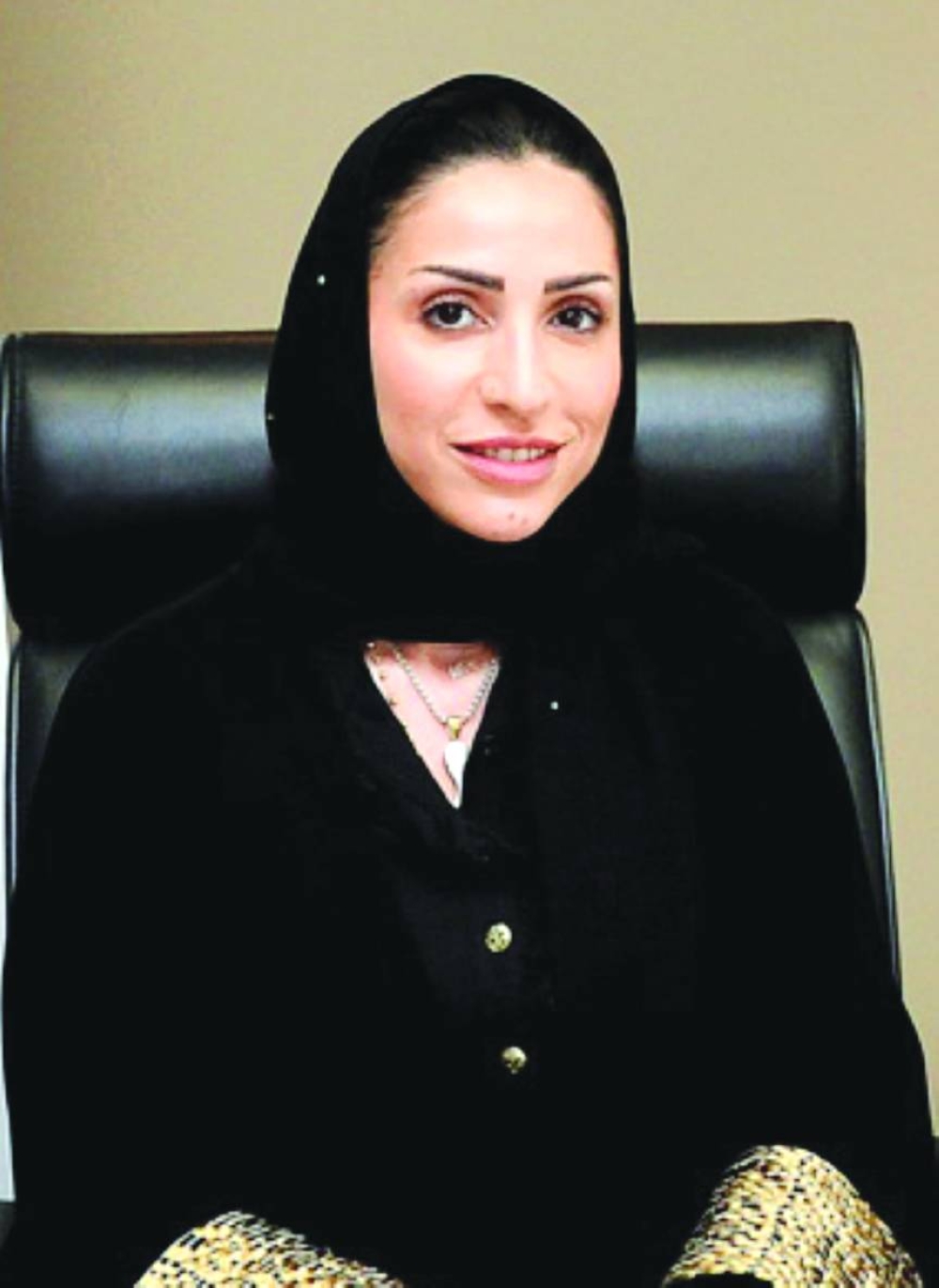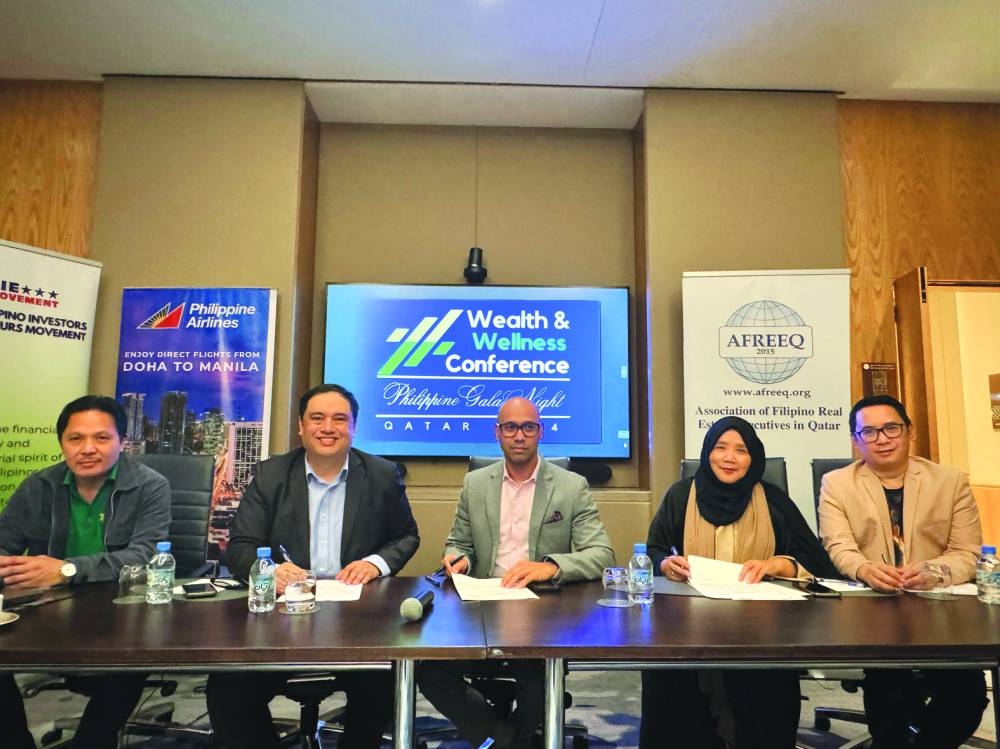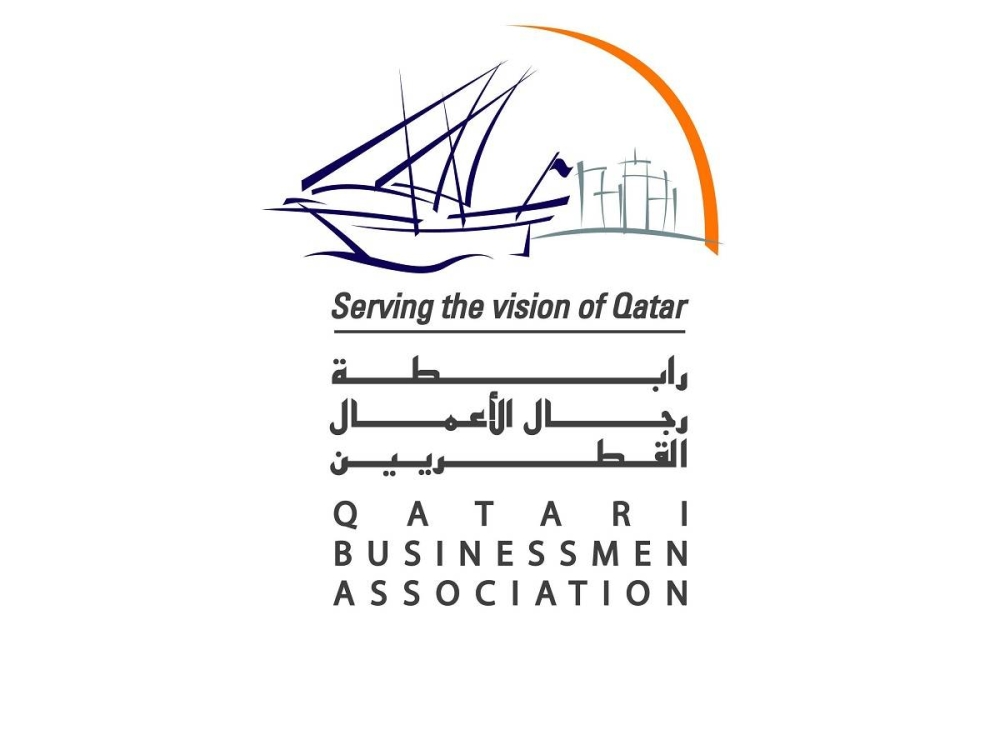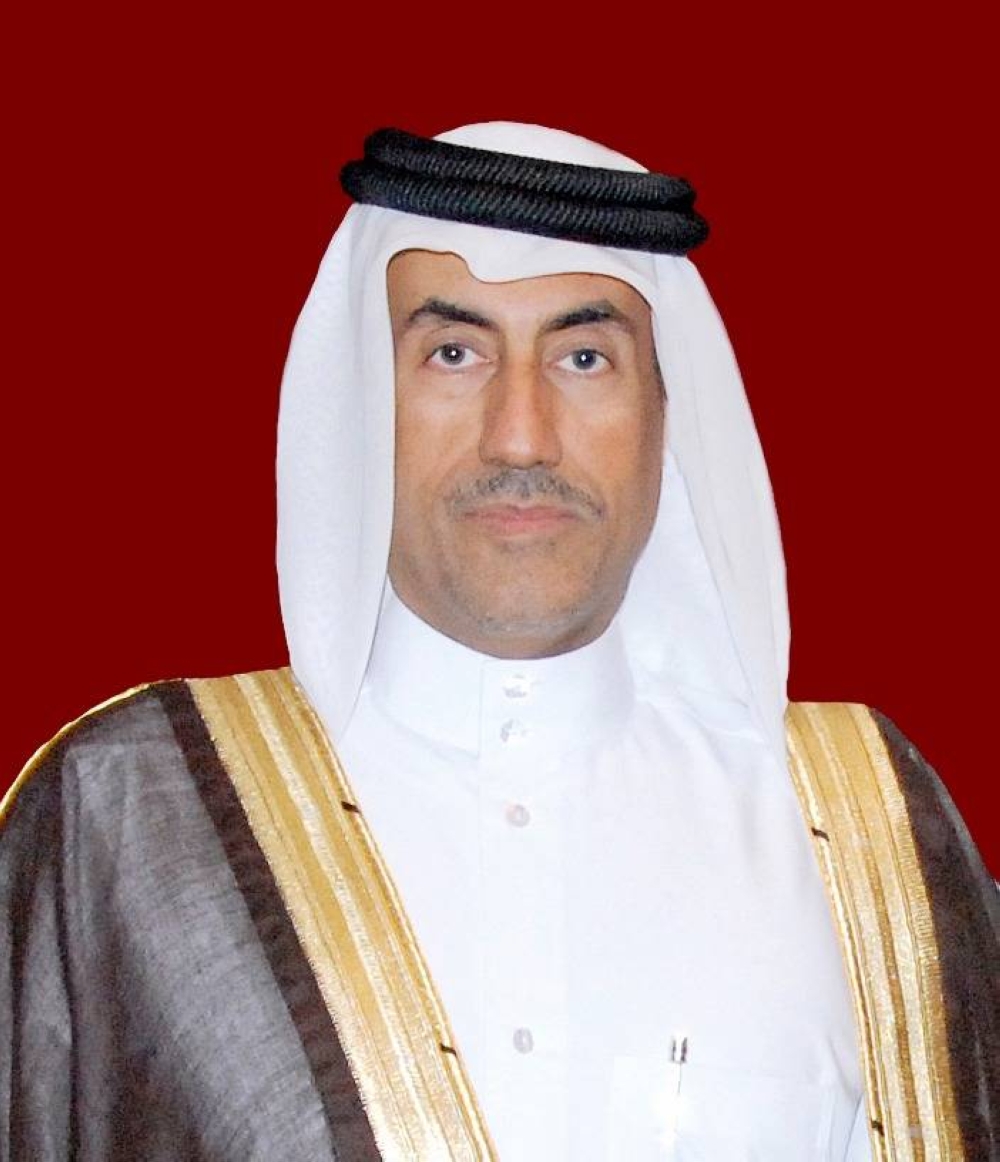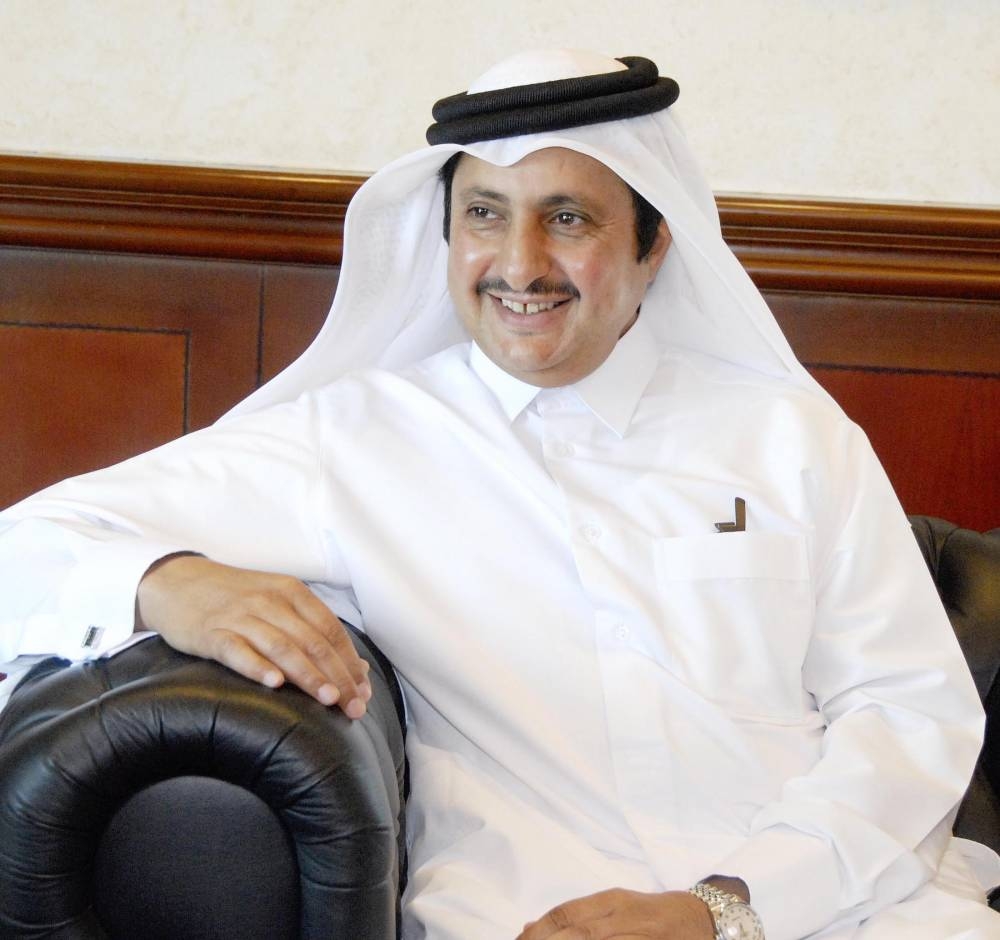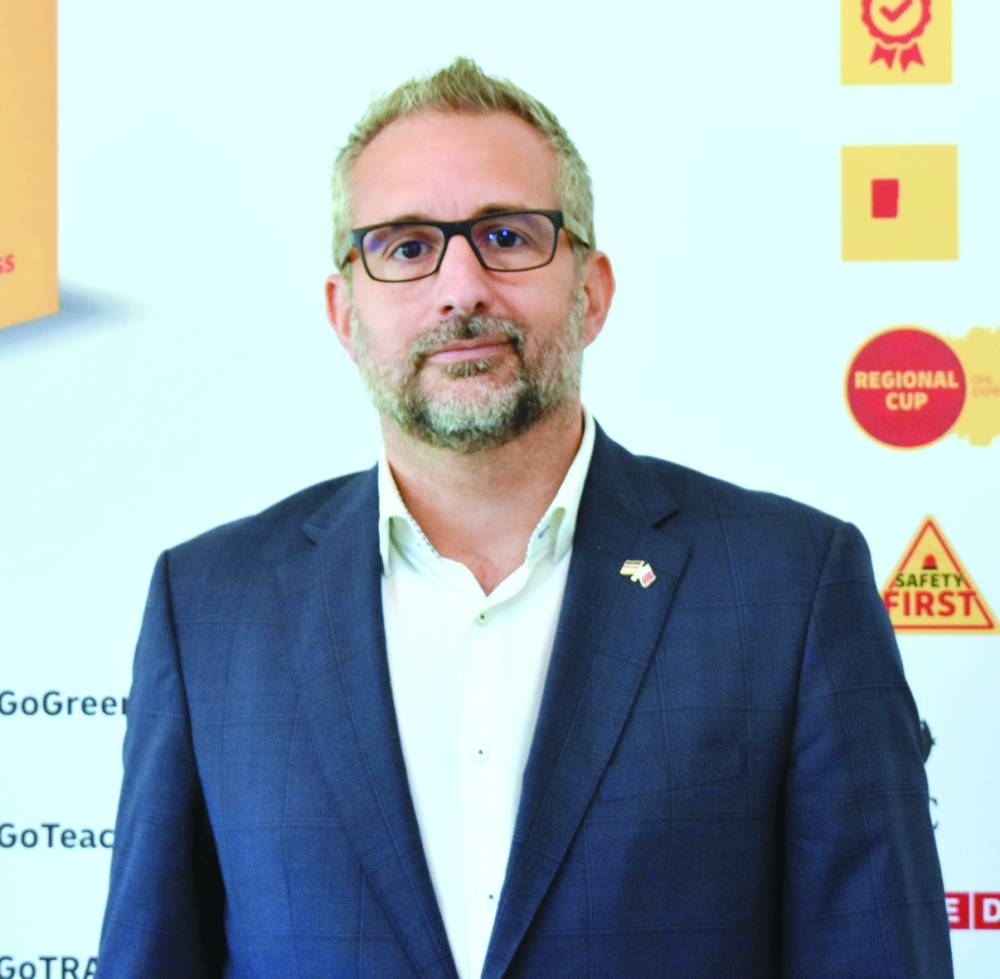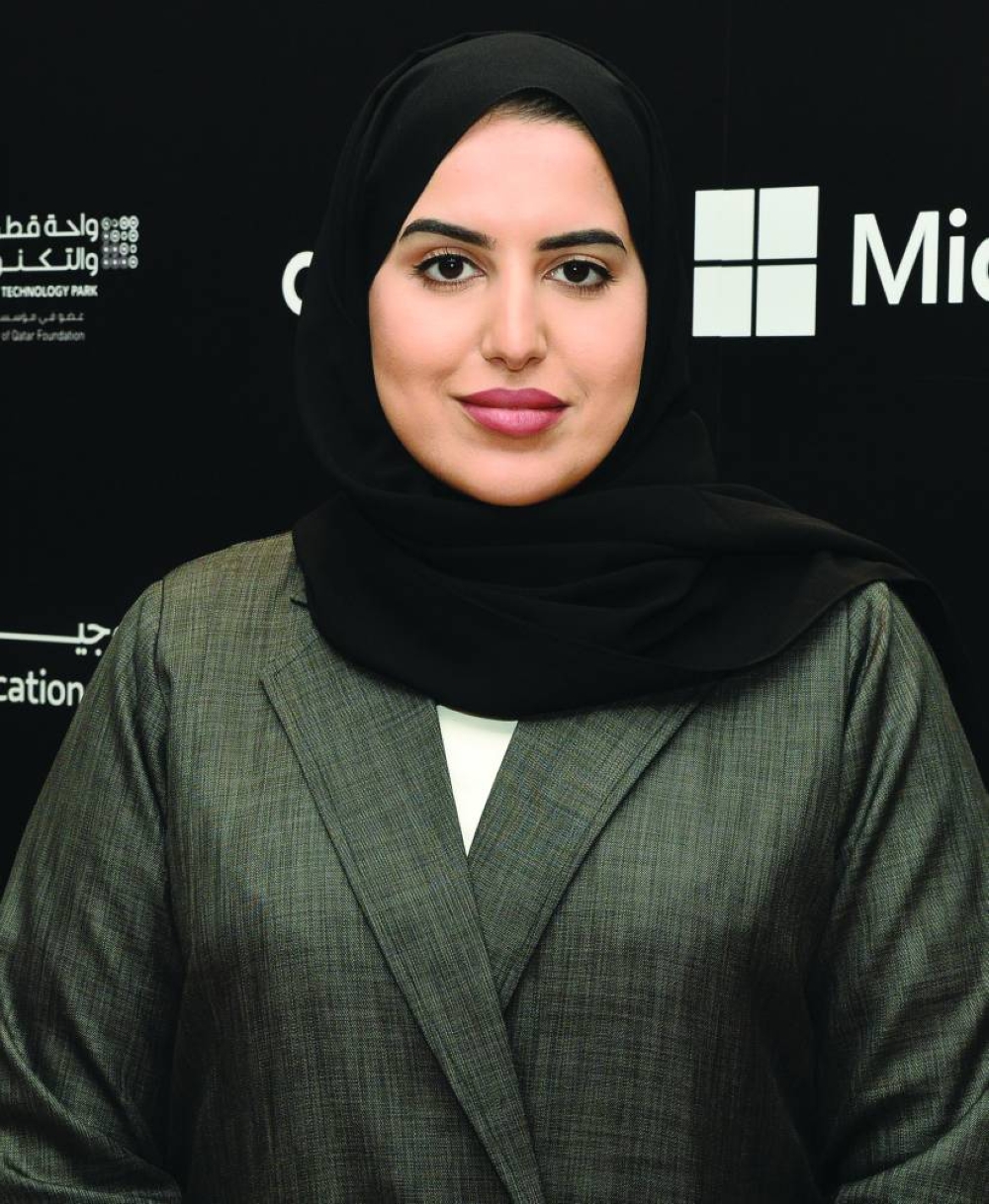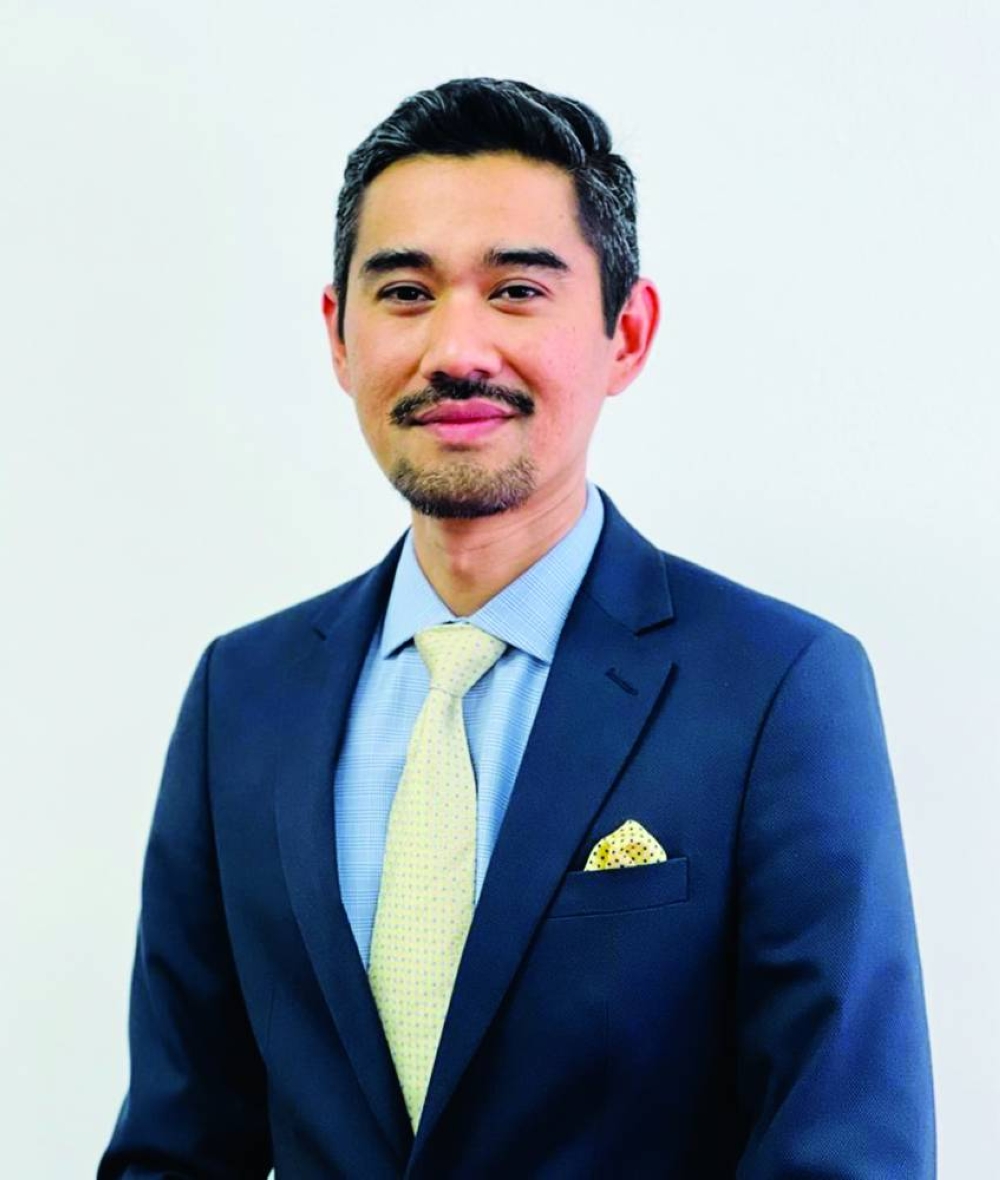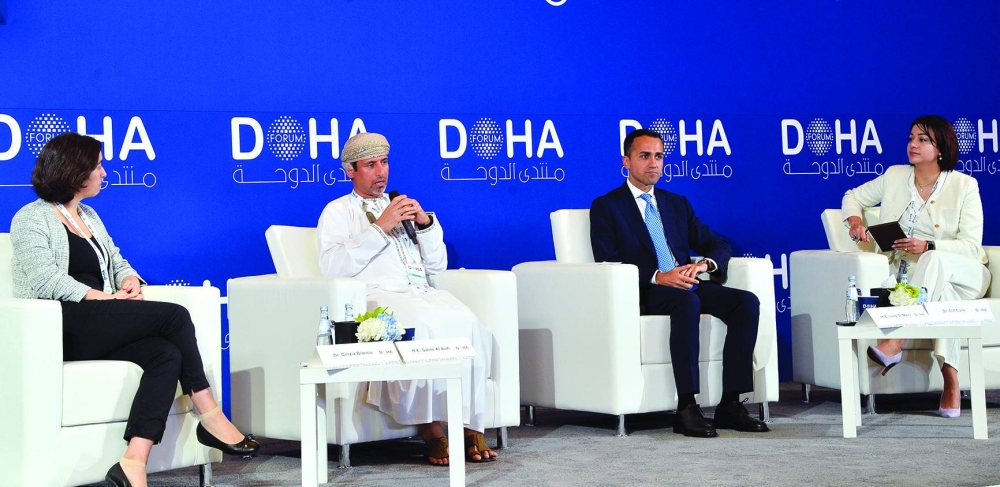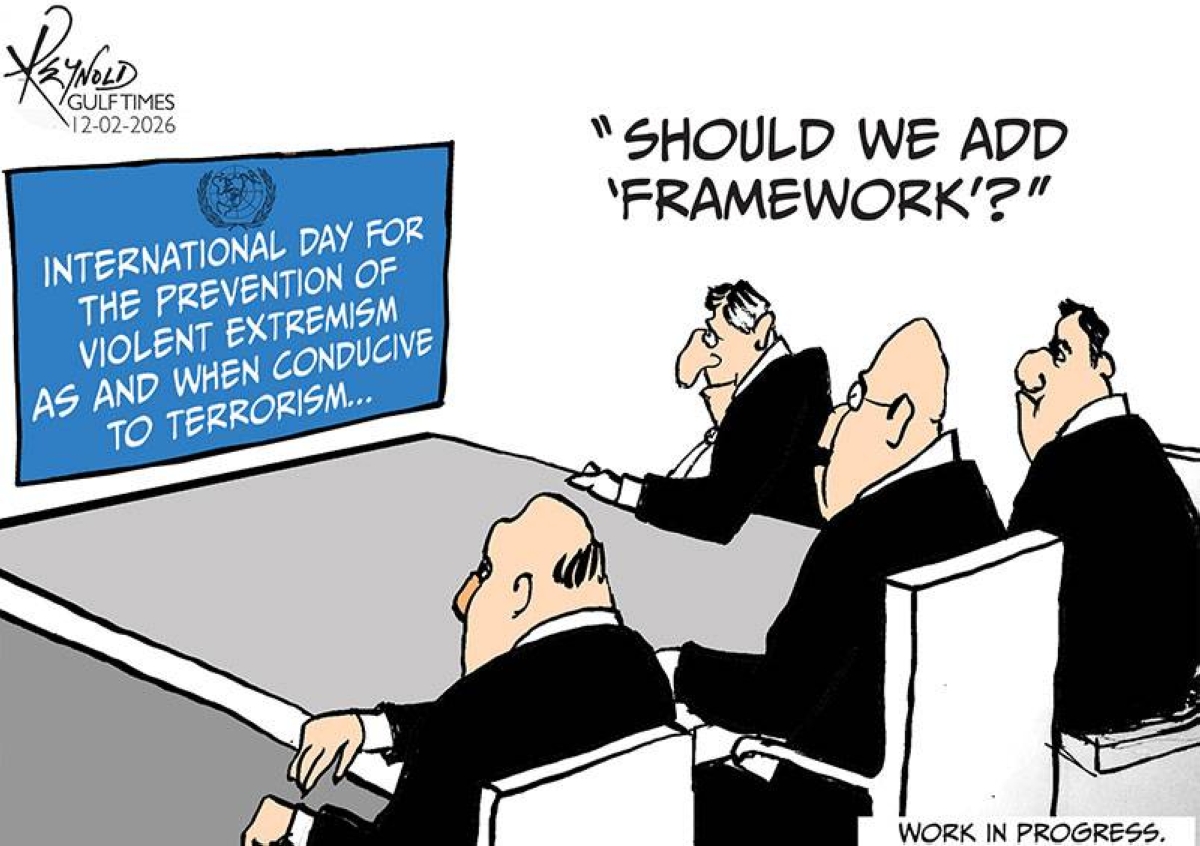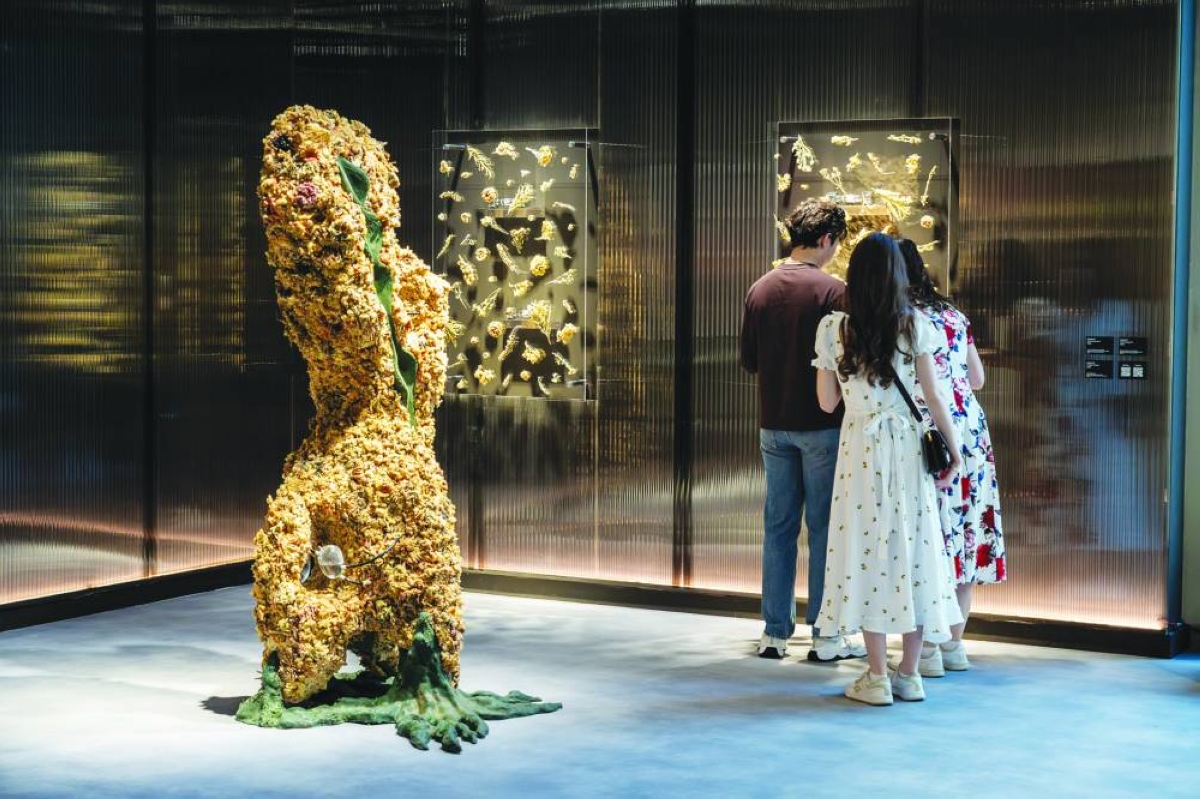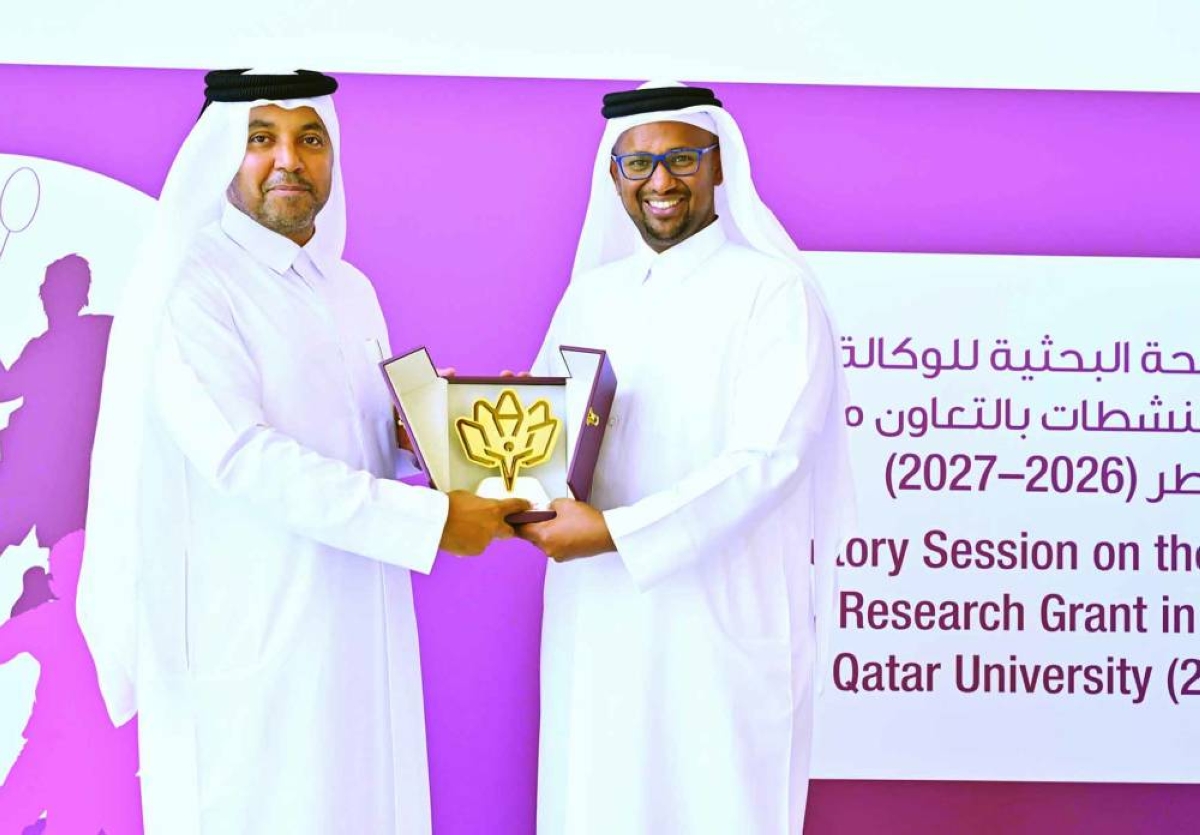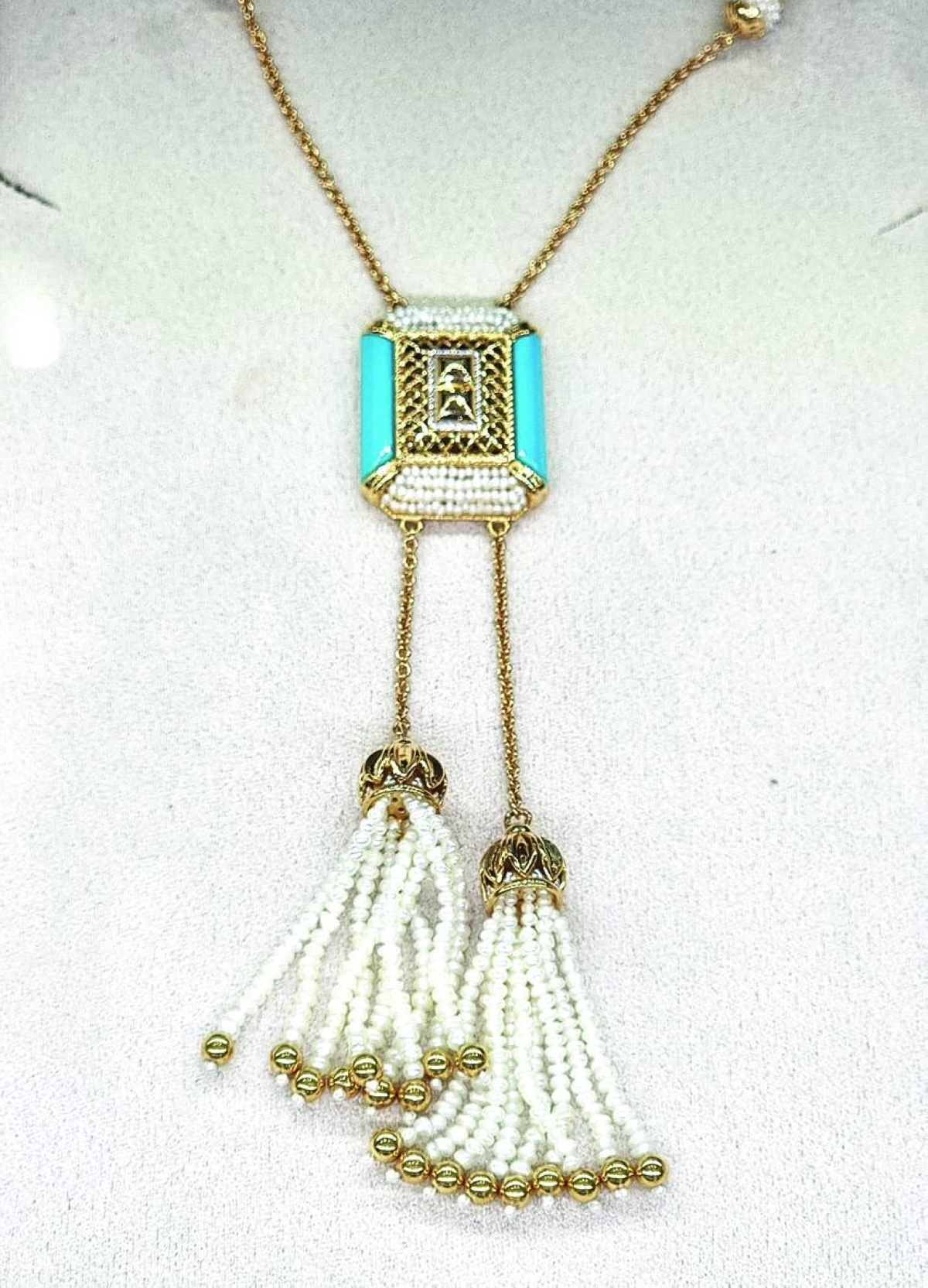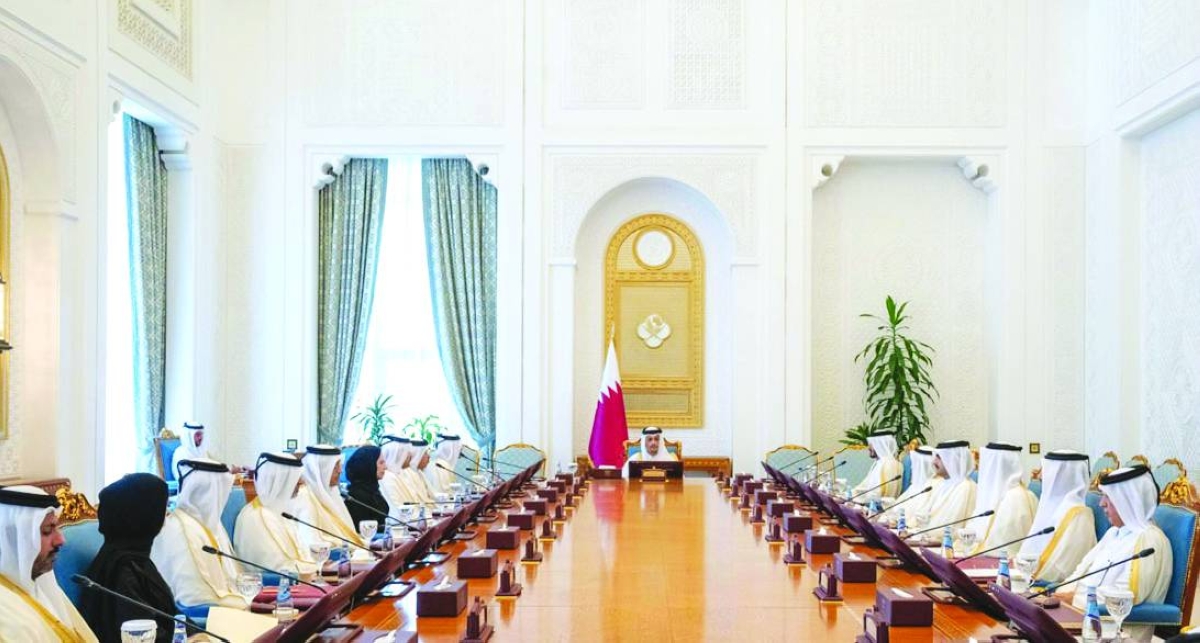The Qatari Businessmen Association (QBA) has hosted several high-level delegations and top government officials from North America, Europe, and the Middle East for the entire stretch of 2023.The meetings hosted by QBA have played a role in enhancing Qatar’s partnerships and collaboration ties with its partners in the international community to boost trade and explore potential investment opportunities.Earlier this month, QBA chairman HE Sheikh Faisal bin Qassim al-Thani led a host of members and officers during a meeting with Arun Venkataraman, US Assistant Secretary of Commerce for Global Markets, to discuss investment and trade opportunities between Qatar and the US.According to Sheikh Faisal, the value of Qatar-US trade exchange stood at about $6.7bn in 2022. In the first nine months of 2023, trade volume amounted to $5.55bn, he said.Sheikh Faisal said this value reflects the importance of the Qatari market to the US, adding that the country is full of diversified opportunities that require the presence of American companies. He noted that QBA and the Qatari business community are ready to work together further to develop the economic partnership between the two countries.Describing Qatar as “a strategic and commercial partner to the US,” Venkatraman said: “We are seeking more cooperation with Qatari Companies in various sectors and we also encourage American companies to explore the Qatari market.”He emphasised that the US and Qatar have potential cooperation opportunities in the infrastructure, technology, and services sectors, which aligns with Qatar National Vision 2030’s objectives to diversify the Qatari economy away from the energy sector.Venkatraman also cited great investment opportunities that exist within different US states, saying his team is fully prepared to provide all information about each state with the aim of facilitating cooperation and trade exchange.Similarly in December, QBA hosted a private meeting with Cuban President Miguel Diaz-Canel and his accompanying delegation of Cuban ministers representing the foreign affairs and tourism, energy, education, health, and investment sectors.Aside from the health sector, there are also new fields to increase potential cooperation in the areas of biotechnology, medicines, tourism, trade, culture, sports, and education, said Sheikh Faisal, who called on Qatari businessmen to cooperate with their Cuban counterparts through bilateral FDI exchange.In November, QBA held a business dinner in honour of a number of ministers and officials accompanying Brazilian President Luiz Inacio Lula da Silva, who was in Qatar on a state visit.The meeting, which was attended by HE the Minister of Commerce and Industry Sheikh Mohamed bin Hamad bin Qassim al-Abdullah al-Thani, discussed investment opportunities, improving investment relations between the two countries, and enhancing efforts to develop economic and investment ties between Qatar and Brazil.In his welcome speech, the minister underscored Qatar-Brazil investment partnerships in energy, mining, agriculture, food industry, financial services, petrochemicals, logistics services, and real estate and ways to enhance them, as well as opportunities to increase investments by Qatari and Brazilian companies in both countries.In the previous month, QBA held a luncheon in honour of the visit of Lord Alderman Nicholas Lyons, Mayor of the City of London, and his accompanying delegation. Sheikh Faisal said Qatari-British relations have been greatly strengthened in recent years by the increase in Qatari investments in Britain.He added that Qatar is currently “a real opportunity” for many investors around the world as the country enjoys security, in addition to various opportunities to develop many industries other than oil and gas. Qatar’s constantly growing investments in Britain exceeded $40bn, including shares in the Sainsbury’s chain, BAA, which operates four airports in the UK, the London Stock Exchange, Barclays Bank, the Shard building in London, and the Olympic Village.Somalia’s Prime Minister, Hamza Abdi Barre, called on Qatar to invest in the country’s agricultural, fisheries, and livestock sectors during a meeting with QBA officials held in Doha last October. The meeting explored Somalia’s agriculture, commercial, real estate, and industrial sectors, which are open for public or private investment.With a population of 14mn, Barre said Somalia has enormous livestock wealth exceeding 40mn heads of cattle, in addition to more than 8.5mn hectares of fertile land and a huge coastline spanning 3,700km with a large fish wealth – all of which are available for Qatari investments.Last February, US Republican Senator Roger Marshall lauded Qatar’s efforts in optimising its oil and gas resources investments in the country during a meeting hosted by QBA.During the meeting, Marshall highlighted the importance of the positive relations between Doha and Washington, which extend for more than 50 years, as the two sides seek to strengthen bilateral relations in the future, supported by the role of the US as the largest direct foreign investor in Qatar and the largest single source of its imports.In the same month, the QBA, in cooperation with the German Embassy in Qatar and the German Industry and Commerce Office in Qatar (AHK), organised a roundtable discussion, which focused on investment opportunities, joint cooperation, and ways to overcome obstacles facing investors, as part of the objectives of the Qatari-German Joint Taskforce that was established on September 7, 2018, during the Qatar-Germany Business and Investment Forum held in Berlin.Other meetings held in February include QBA’s business lunch in honour of Dr Hala el-Saeed, Egypt’s Minister of Planning and Economic Development, and a meeting with Ville Skinnari, Finland’s Minister of Development Co-operation and Foreign Trade, who was in the country to attend the official opening of the Embassy of Finland in Doha.During the meeting with el-Saeed, both parties discussed a number of joint co-operation topics and followed up on a number of previously signed agreements, especially after the successful visit of QBA to Egypt in 2022.Meanwhile, Skinnari praised the close relations between Qatar and Finland and called on Qatari businessmen to explore Finland’s investment opportunities to enhance co-operation in sectors like oil and gas, advanced technological industries, smart cities, maritime industries, and other fields. The meeting also discussed ways to enhance relations in the economic and trade fields and reviewed the investment climate and opportunities available in both countries.


